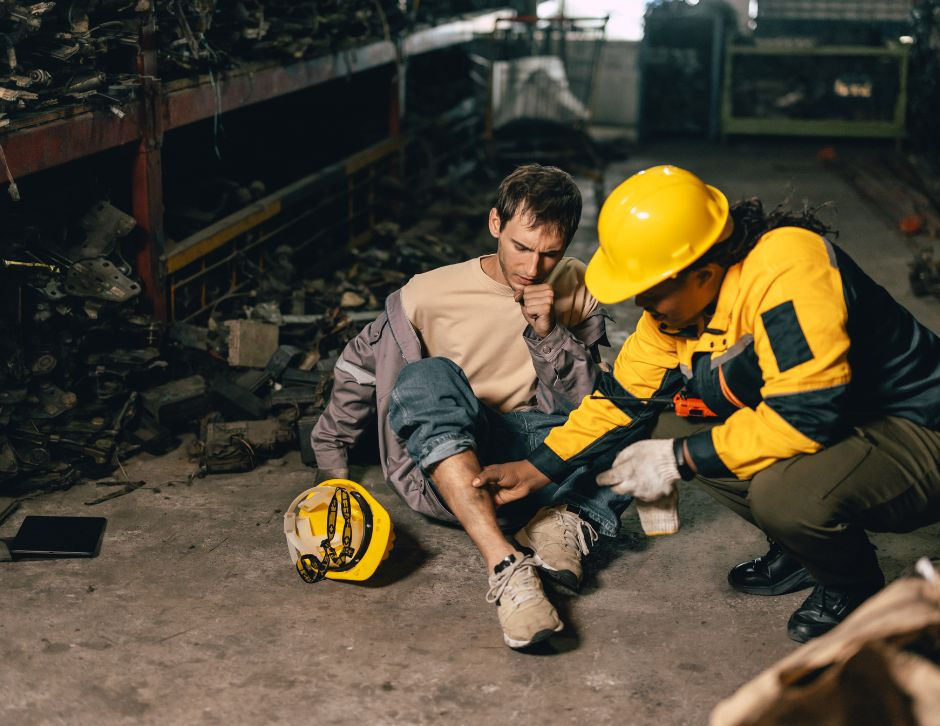When Should You Refuse to Work in Unsafe Conditions?
- John Larrimer

- May 15, 2017
- 2 min read
Every day, people that work in factories, construction, and other building or manufacturing jobs are subjected to unsafe conditions if safety guidelines are ignored. The pressure to continue working is high; people need money to support themselves and may be worried that refusing to work will get them fired and ruin a reference. However, the Occupational Safety and Health Administration (OSHA) mandates that nobody should not be working in a job that places them at risk. If you are being subjected to unsafe practices in your workplace, you have the right to refuse work.
How Do You Know When to Refuse Work?
Let’s say that Jim was working in a lumber mill. Jim notices that one of the lumber saws has an old, dilapidated blade that made uneven cuts and flung sharp shards of wood at the mill workers, fast enough to cause serious injuries. Jim told his manager, who said “Put on some goggles and keep working.” If all of the following conditions are met, you are able to refuse to work under OSHA regulations.
You have asked the employer to take care of the hazard, and they have not done so.
You are refusing to work in “good faith,” meaning you really believe that there is a legitimate threat to your health and safety.
Another reasonable person would also find that this situation is hazardous.
The situation is so immediate and dangerous that there isn’t enough time for an OSHA inspector or other regulator to come out and assess the situation, and you need to get away from the hazard as soon as possible.
If your employer is refusing to assign you to another task or fix the hazard, you should contact OSHA, and consider contacting a Columbus workers comp attorney if there are injuries involved.
.png)



Comments